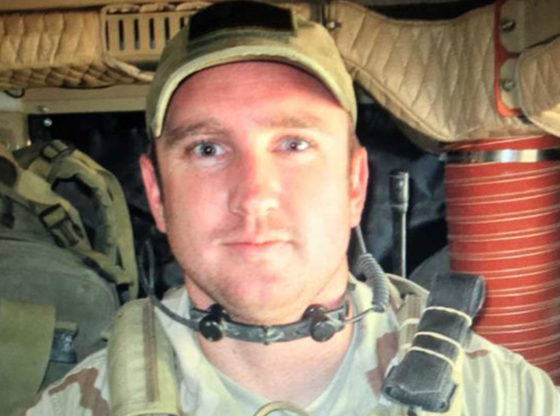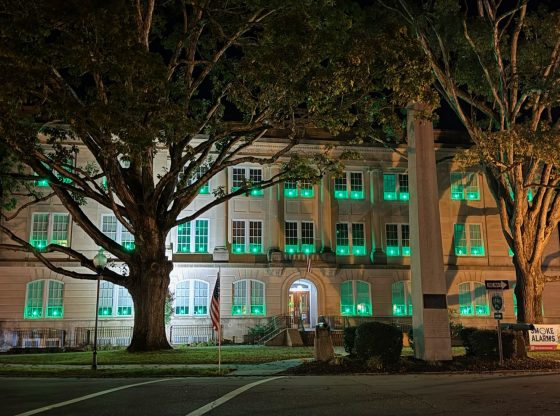U.S. Rep. Richard Hudson (R-NC) and Reps. Darrell Issa (CA-48), Jimmy Panetta (CA-19), and Michael Waltz (FL-6) announced in a press release on Thursday the introduction of the Healthcare Equality and Rights for our Heroes (HERO) Act, bipartisan legislation that will grant service members who are victims of medical malpractice in a Department of Defense (DoD) medical treatment facility the right and opportunity to take their claim to district court.
“The law that gave hope to Rich Stayskal and hundreds of military families who have been harmed by medical negligence has been outright ignored by the DoD,” said Rep. Hudson. “Servicemembers, such as Rich, kept their promise to us, they served honorably, and they deserve the best we have to offer them, and that’s not what they’re getting. I am proud to introduce the HERO Act with my colleagues, so our nation’s veterans who are victims of malpractice from a DoD medical treatment facility can receive the compensation they deserve.”
In 2017, Purple Heart Army Green Beret Richard Stayskal, of Pinehurst, received a stage 4 lung cancer diagnosis from a civilian doctor after being misdiagnosed with pneumonia by military medical professionals at Womack Army Medical Center at Fort Bragg. Under existing law, Stayskal had no way of seeking compensation for the error. Read his story here, written by Maggie Sergio/Sandhills Sentinel.
After meeting with Stayskal in 2018, Hudson introduced the SFC. Richard Stayskal Military Medical Accountability Act to allow service members to seek compensation for medical malpractice unrelated to their military duties and caused by a DoD health care provider in April of 2019. The bill was later included in the 2020 National Defense Authorization Act and authorized $400 million over 10 years for the DoD to pay military medical malpractice claims made after January 2017.
Earlier this year, Stayskal’s claim was denied by the U.S. Army, and earlier this month, Stayskal was offered a payout of $600,000—far less than the $40 million that Stayskal and his wife originally asked for.
“In March, Hudson and U.S. Senator Markwayne Mullin (R-OK) held a press conference to address the DOD’s disregard for Congress’ intent for justice and accountability for our nation’s soldiers facing medical malpractice through the SFC. Rich Stayskal Military Medical Accountability Act, legislation signed into law in 2020,” said the press release.
“The HERO Act” is about more than opening an avenue to the courts. It’s about recognizing that service members who are victimized by medical malpractice in a DOD facility are deserving of the opportunities to pursue the kind of justice that is currently denied to them,” said Rep. Issa. “Congress has previously worked to correct this obvious wrong within our system, but it isn’t fixed yet. This time, we’re going to set this right.”
“Although the SFC. Richard Stayskal Military Medical Accountability Act improved the process for medical malpractice claims by service members, it can still leave some victims with limited options for compensation,” said Rep. Panetta. “The HERO Act would allow those service members who suffered medical malpractice at a Department of Defense facility to file the appropriate claims and ensure that they are efficiently assessed by the DOD. Such an expansion and enhancement to the claims process is necessary for our service members and deserved for their service.”
“Our nation’s service members sacrifice so much to protect our country and freedom,” said Rep. Waltz. “It is unacceptable for them to slip through the cracks when it comes to the medical care they deserve, especially by the Department of Defense. That is why I am proud to join my colleagues on both sides of the aisle in support of the HERO Act to improve the process for medical malpractice claims by service members to ensure they receive the compensation they deserve.”
Feature photo: Richard Stayskal. Photo provided.
Contributed.
















